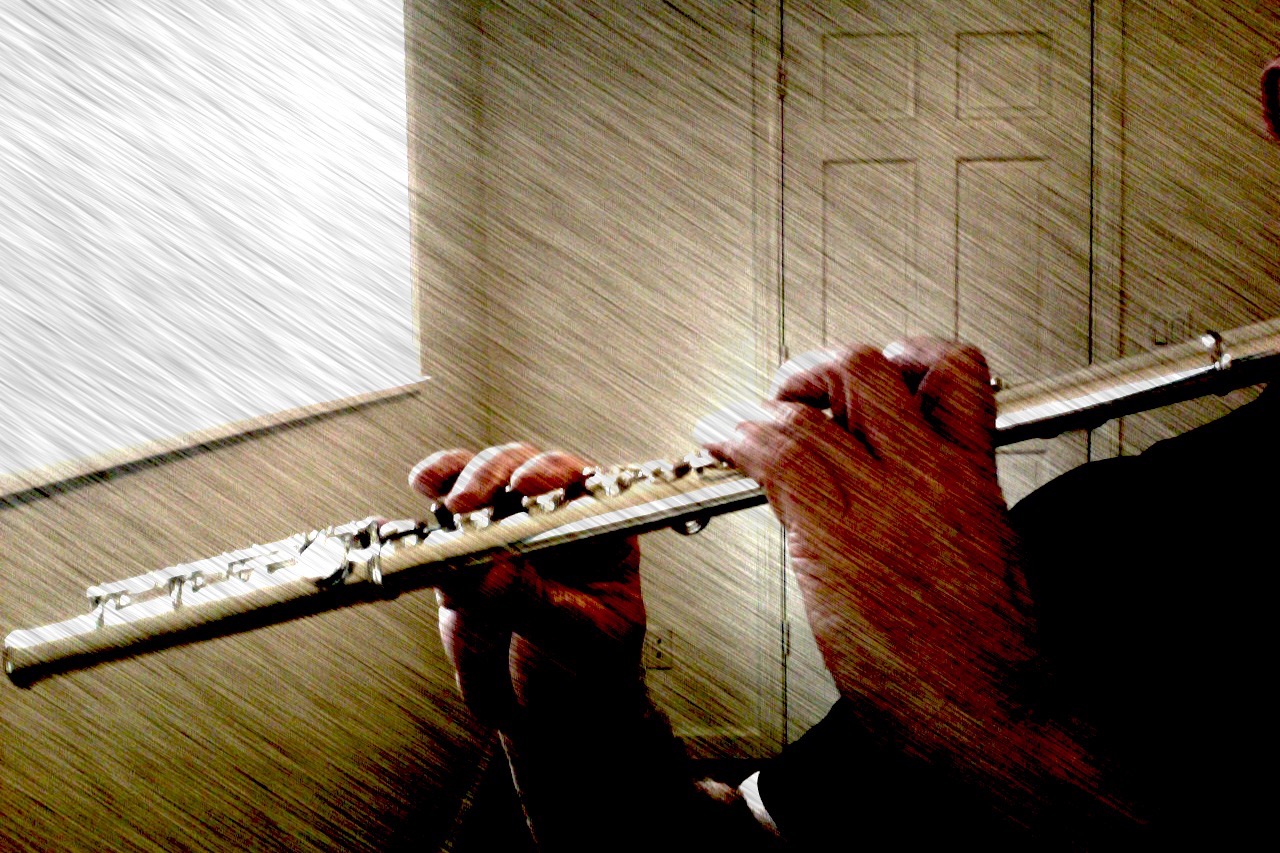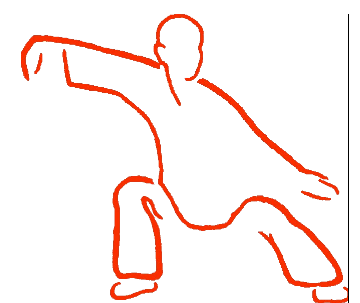“You are not here to do exercises, nor to learn to do something right, but to be able to meet a stimulus that always puts you in the wrong and to learn to deal with it.”
F.M. Alexander, founder of the Alexander Technique
The quote from above represents what I think to be the essential value of studying the Alexander Technique. I came to study this work because, as a saxophonist, I was not able to meet a stimulus that was putting me “in the wrong”. As a result, I had significant dysfunction in my hands that had stopped me from making music.
Today, thanks to using what I’ve learned from the Technique, I’m playing better than ever (enjoying it more than ever, too!) I’ve also had a complete shift in how I approach the problems of playing music. This is something that has significantly aided me in helping the musicians who come to me for lessons.
Before I came to discover the Alexander Technique, I always struggled with consistency in playing the saxophone. If everything was “just right”, then I played very well…freely, expressively, openly, skillfully, joyfully…
But the problem was that often everything wasn’t just right: Not the ideal reed. Not the best acoustic environment. Not hearing my sound the way I’d like to. Not being completely okay with what the drummer was playing. Not liking the dynamics and intonation choices of the trumpet player. Not feeling the thing I think I needed to feel. Not loving every single note I played when I improvised. Not….well, you get the idea. I could find all kinds of things that put me in the wrong.
And when things were less than ideal, I would react differently to playing than when things were better. I’d pull myself into all kinds of distorted positions, amplifying effort, becoming rigid and self-conscoius, thoughts running rapidly through my head like a constant commentary on how I was doing. Lot’s of misdirected energy as I tried “even harder” to play well. Of course, none of this reactive effort did anything but make me play worse.
So to make a long story short, I had to learn to react differently to the thought of playing the saxophone in general, but particularly when conditions seemed less than perfect. And so I have learned to react differently (and am continuing to do so!)
It’s very easy to look outside of yourself and say why you couldn’t perform your best. Unfortunately, you can’t always control what’s outside of yourself. But you can, to a very large degree, learn to control how you respond to what’s outside of yourself.
One of the things I’m often looking for as I teach is how I can “lead my student into temptation.” I want to find the things that put this particular musician in the wrong, then teach her or him how to react differently. How to “deal with it” as Alexander would say.
When my students are doing particularly well during their lessons I jokingly tell them “Okay, that’s going great. Now let’s go look for some trouble.” We always manage to find something. Then my student has a chance to apply the principles that best address whatever the problem is.
Not only does this bring continuous improvement, but equally important, it cultivates confidence in their ability to help themselves. Thats huge. I proceed in the same way in my own musical practice.
So what puts you in the wrong as you play? Here are a few of the things in general that put many musicians in the wrong:
- Tempo-whether very fast or challengingly slow.
- The acoustic environment-dead, to live, noisy.
- Tactile and kinesthetic sensations-things don’t “feel” like your use to them feeling.
- Reaction to less than ideal conditions of your equipment.
- Challenging registers of the instrument.
- Challenging passages in the music.
Make a list of things that put you in the wrong. You can be as specific as you like. Once you’ve made your list, see if you can notice how you react when you encounter these challenging stimuli. Do you:
- Stiffen up, particularly in your neck and shoulders? Your jaw? Perhaps your legs and feet as well?
- Hold your breath or otherwise interfere with your breathing?
- Feel hurried? Are your thoughts unclear and racing? Do you become hyper-critical? Where does your attention go?
- Feel like you can’t hear yourself?
- Feel angry? Frustrated? If so, how does that impact your breathing and body tension? (See above)
Once you become aware of your reactions, see if you can notice how these reactions negatively impact your ability to play your best. Then modify your thinking a bit to change things, to lesson the tension. If you shift your thought from “how am I doing?” to “what am I doing?” (from judgement to discernment), it can really begin to open some important doors to your self-improvement. This is where a skilled teacher can really be of help, showing you how to become better aware, and able to prevent these habitual reactions.
Playing music can be a joyful experience virtually all the time. Really. So don’t be afraid of trouble. Go looking for it, learn how to deal with it, and rediscover this joy.




